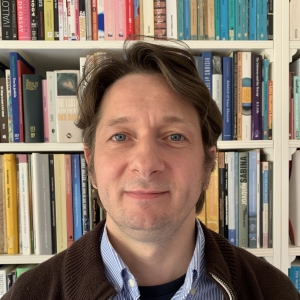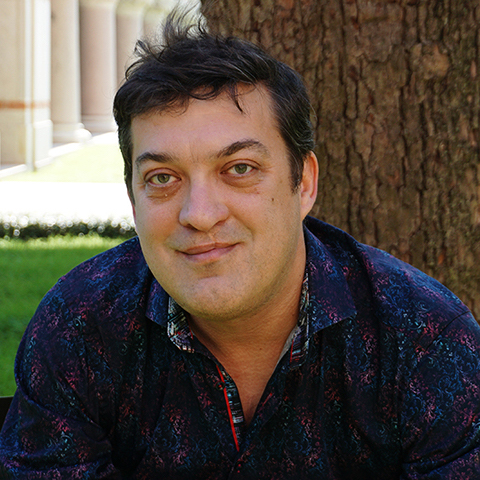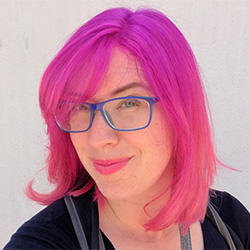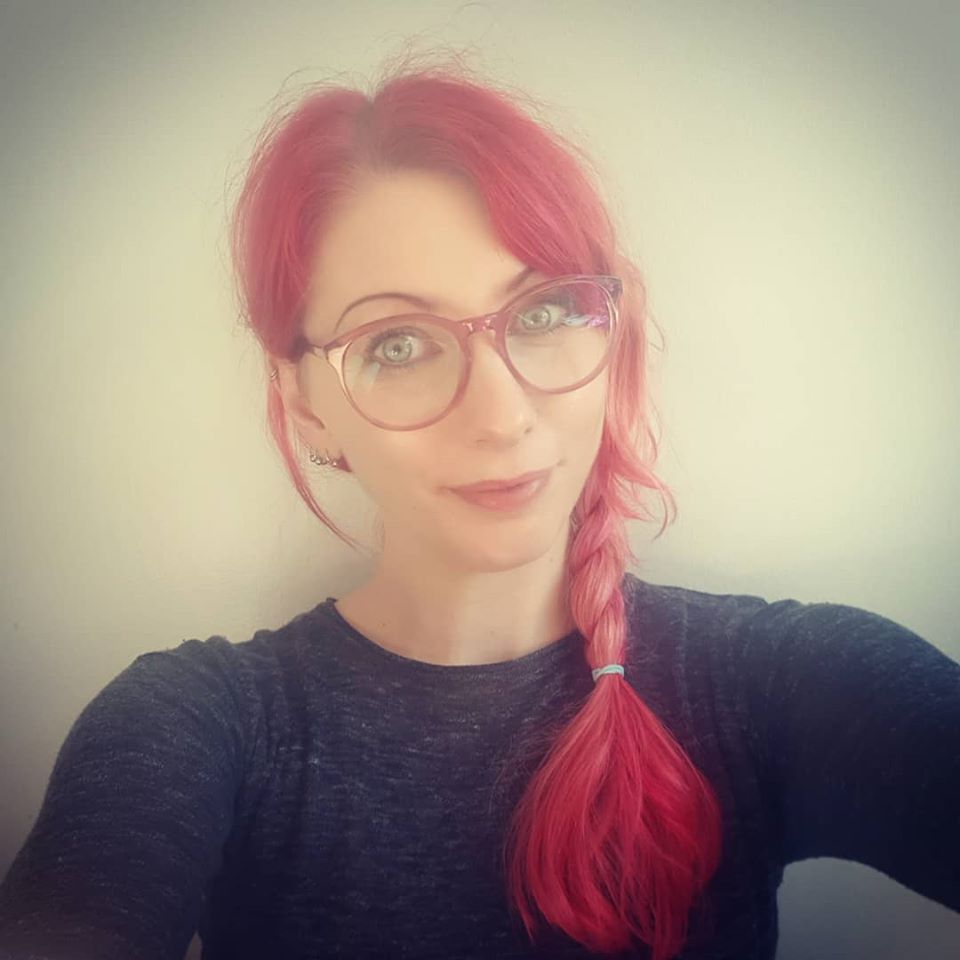The AI Alchemy Lab is made up of interactive workshops and invited speaker sessions. It also includes a panel discussion on creative AI systems. We are lucky to have some very experienced and informed speakers attending this series to share their knowledge and interests in the field of Computational Creativity.
Schedule
| Event | Description | Time |
|---|---|---|
| Interactive Workshop: Trash to Treasure | Students use Stable Diffusion to ideate for sculpture design. | 09/26/22 6pm EST |
| AI Futures Panel: Creative AI Systems | A discussion about the pros and cons of creative AI systems, with Dr Aaron Hertzman, Prof Simon Colton, Dr Mike Cook and Ryan Murdock. | 10/10/22, 12 noon EST |
| Interactive Workshop: Charlene Putney | Charlene joined us for a Halloween inspired interactive workshop using a multi-modal approach to engaging with generative AI. | 10/28/22, 11am - 12 noon EST |
| Invited Speaker: Kate Compton | Kate will join us to discuss her work using AI in casual creation. | 12/08/22, 12 midday - 1:30pm EST (5pm-6:30pm London GMT)
Zoom link: https://mit.zoom.us/j/99308456751 |
Invited Speakers
Prof Simon Colton

Simon Colton is a professor of computational creativity, generative artist and app developer. He has academic appointments at Queen Mary University of London in the UK and at SensiLab of Monash University in Australia. He was previously an academic at Falmouth University, Goldsmiths College and Imperial College London. He is an AI researcher with 25 years of experience studying questions related to creativity in machines.
Dr Aaron Hertzmann

Aaron Hertzmann is a Principal Scientist at Adobe and Affiliate Faculty at University of Washington. He received a BA in computer science and art history from Rice University in 1996, and a PhD in computer science from New York University in 2001. He was a Professor at University of Toronto for 10 years, and has also worked at Pixar Animation Studios and Microsoft Research. He has published over 100 papers in computer graphics, computer vision, machine learning, robotics, human-computer interaction, and art. He is an ACM Fellow and an IEEE Fellow.
Ryan Murdock

Ryan, also known as '@advadnoun' on Twitter, authored the 'BigSleep' Google Colab notebook and also pioneered the approach of combining VQGAN with CLIP to guide image generation. This was an important milestone in the community led development of text-to-image technologies. Ryan is a Machine Learning researcher & engineer interested in art, culture, and cognitive science. His passion is advocating for text-guided visual art as a compelling new medium.
Dr Mike Cook

Mike works at the intersection of automated game design and computational creativity – he’s interested in how computers can be autonomously creative in the field of game design, and how we can use AI to assist and analyse generative software written by humans. He gained his PhD from Imperial College in 2015, and in 2018 was awarded a Research Fellowship from the Royal Academy of Engineering, to research applications of automated game design to industry-scale game development at Queen Mary.
Dr Kate Compton

Dr Kate Compton (@galaxykate) is a long-time generative artist, inventor, programmer, and Assistant Professor of Instruction at Northwestern University. She wrote the first paper on procedural platform-game levels, generated the planets for the video game Spore, created the language Tracery which runs over 10000 community-made bots on Twitter, and invented an early phone-based AR system. Her mission is to design artificial intelligence to augment human creativity, and to create tools that bring AI into the hands of poets, artists, kids, and weirdos.
Charlene Putney

Charlene Putney is an award-winning writer and teacher from Ireland. After school she spent 5 years mostly alone in a library getting a Masters degree in Hebrew, Aramaic, Syriac, and Greek. The logical next step was working at Google and Facebook in management positions for almost a decade. She then turned to the more creative side of tech and began writing for videogames in 2013, including writing for Divinity: Original Sin 2 and Baldur's Gate 3. She's currently living in Denmark and working on making machine learning more accessible to writers with her partner Martin Pichlmair - sign up for the beta at www.writewithlaika.com. She also teaches interactive fiction at university level and yoga on Tuesday evenings. Say hello to @alphachar!